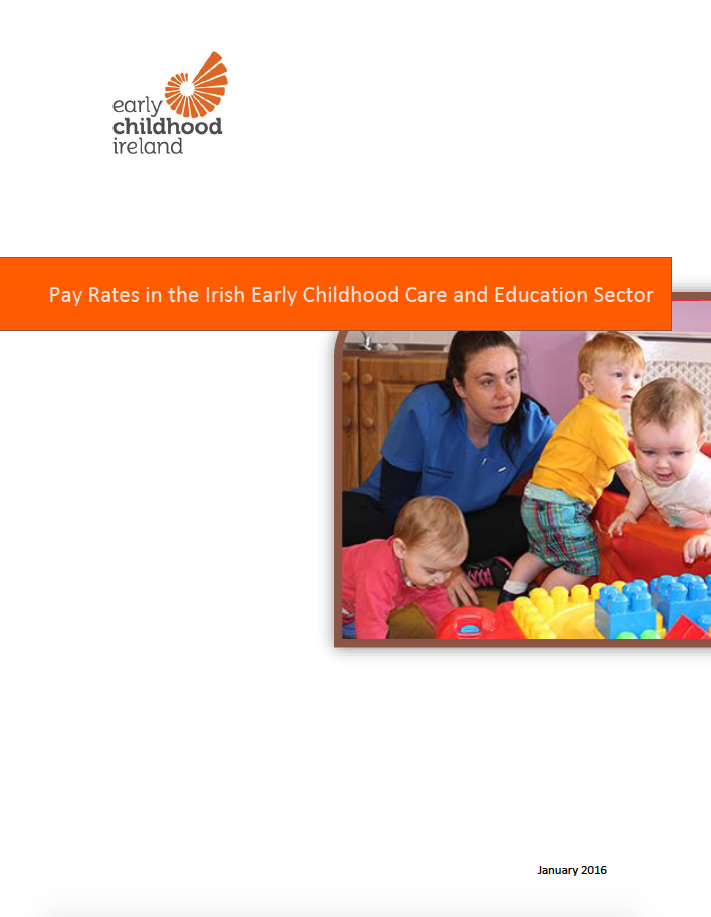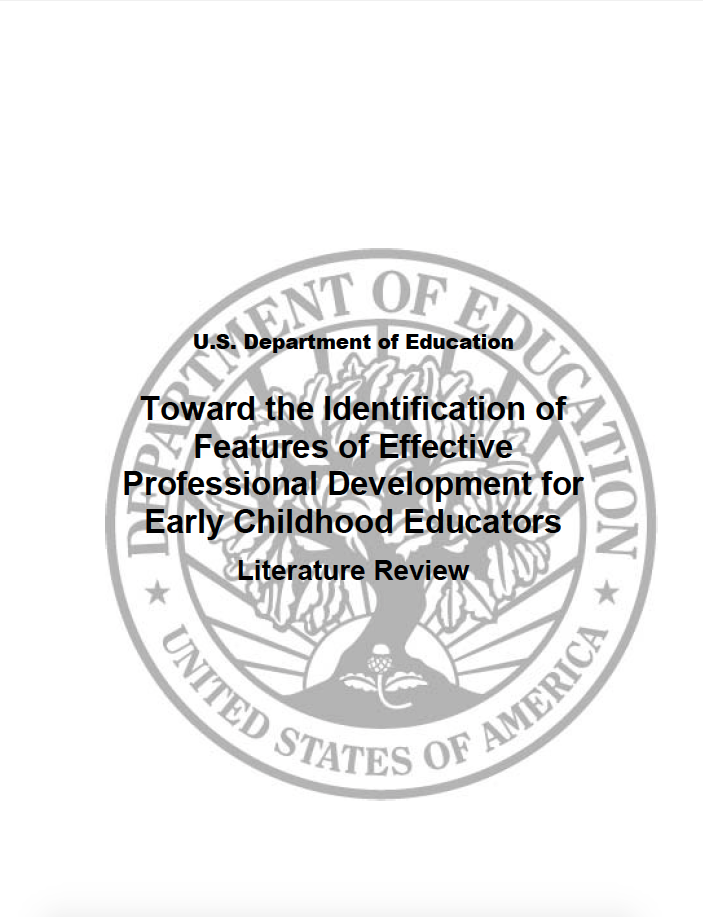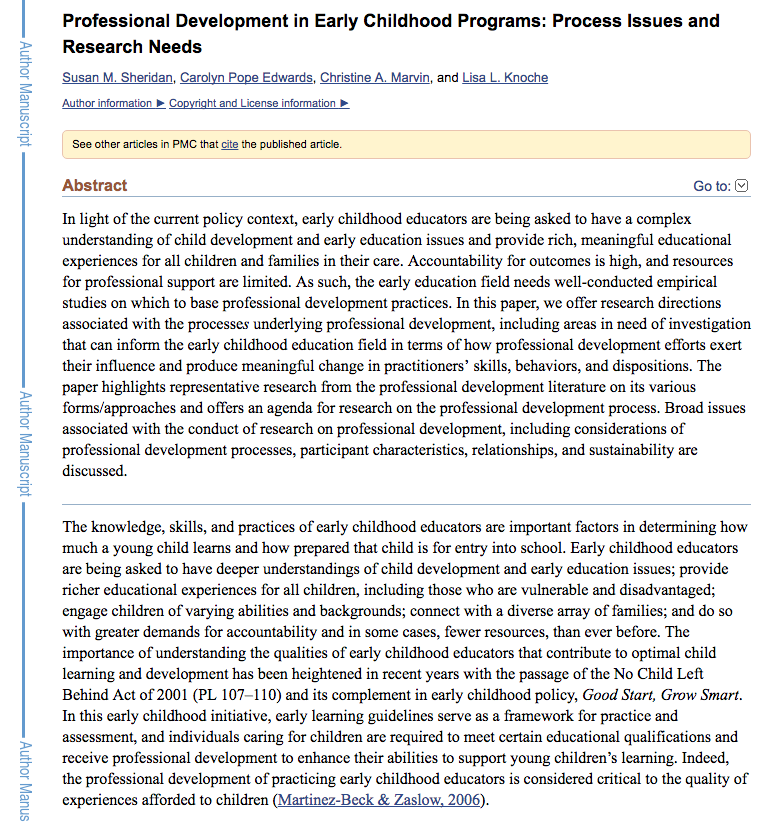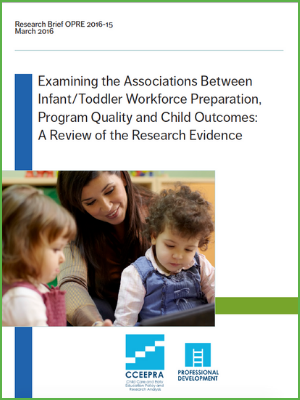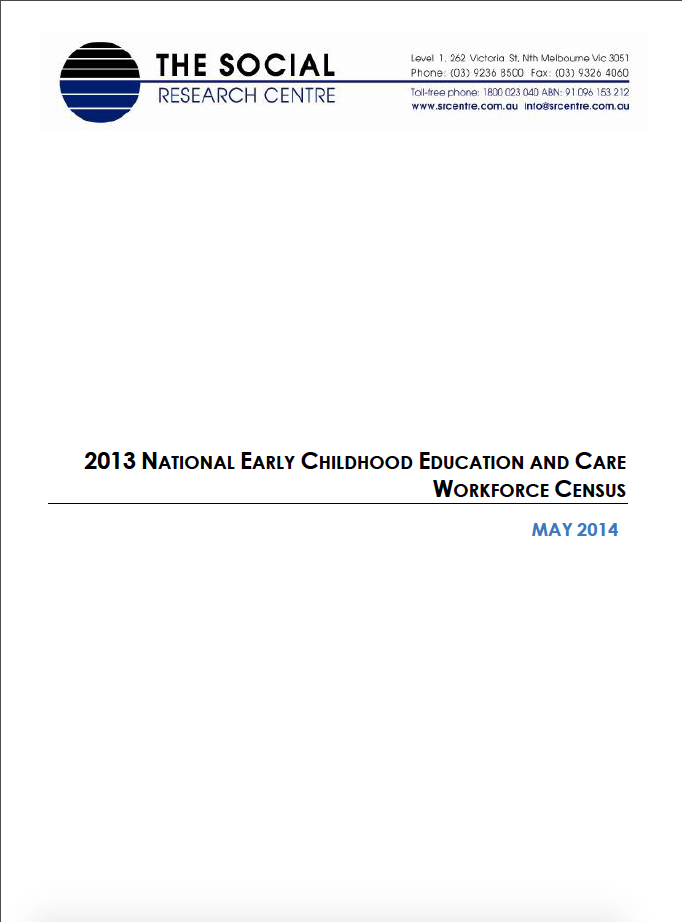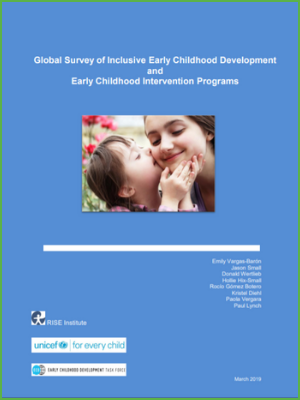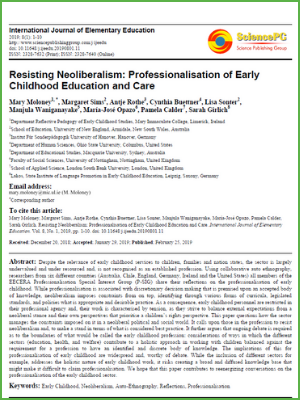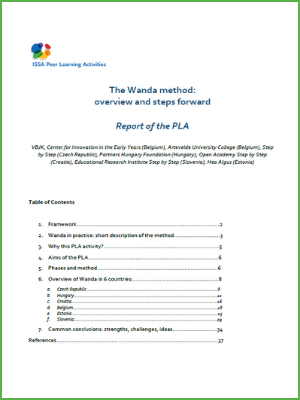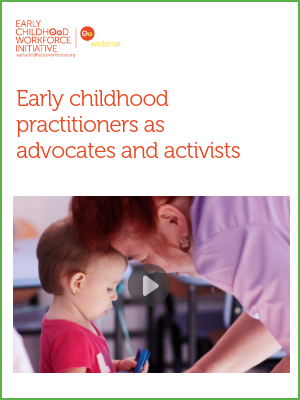A job analysis of community health workers in the context of integrated nutrition and early childhood development
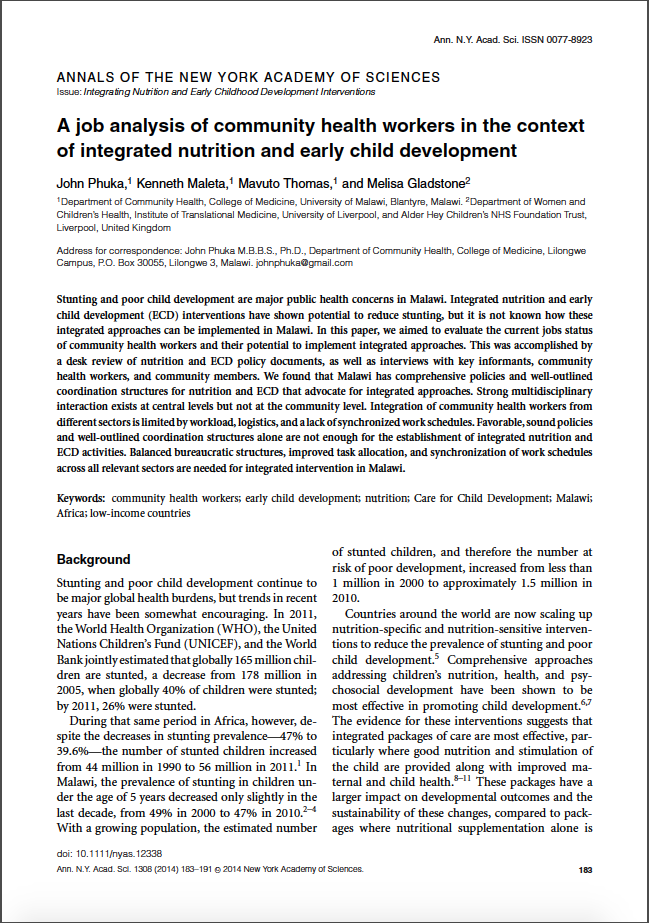
Stunting and poor child development are major public health concerns in Malawi. Integrated nutrition and early child development (ECD) interventions have shown potential to reduce stunting, but it is not known how these integrated approaches can be implemented in Malawi. In this paper, the authors aimed to evaluate the current jobs status of community health workers and their potential to implement integrated approaches. This was accomplished by a desk review of nutrition and ECD policy documents, as well as interviews with key informants, community health workers, and community members. They found that Malawi has comprehensive policies and well-outlined coordination structures for nutrition and ECD that advocate for integrated approaches. Strong multidisciplinary interaction exists at central levels but not at the community level. Integration of community health workers from different sectors is limited by workload, logistics, and a lack of synchronized work schedules. Favorable, sound policies and well-outlined coordination structures alone are not enough for the establishment of integrated nutrition and ECD activities. Balanced bureaucratic structures, improved task allocation, and synchronization of work schedules across all relevant sectors are needed for integrated intervention in Malawi.
nyaspubs.onlinelibrary.wiley.com


